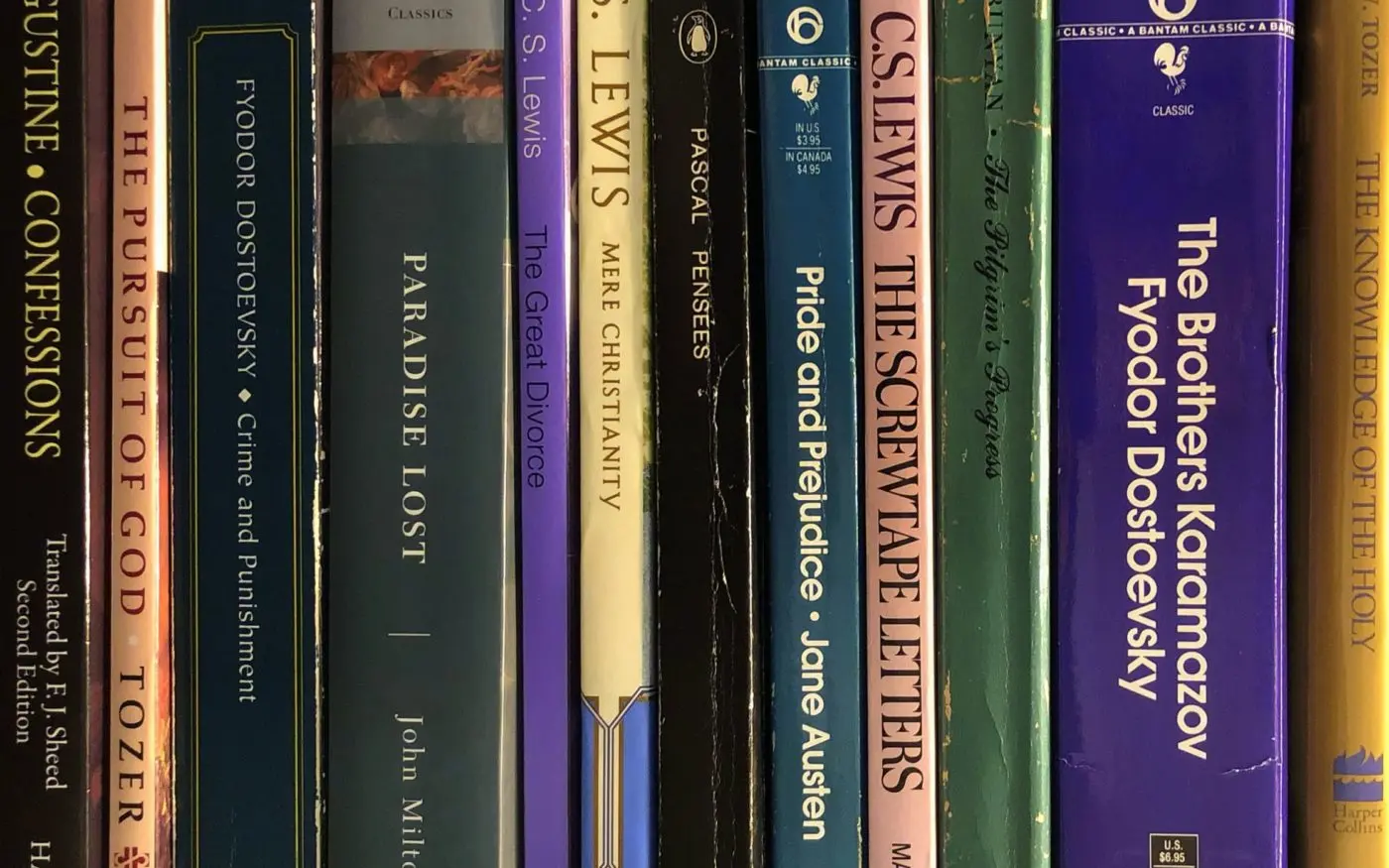However, many of us lead frenetic lives that don’t leave time for reflection, let alone engagement with some of the best Christian literature from across the generations. Over the years, Dr. Ken Boa has taught and helpfully summarized a number of these classics—something the late Charles Colson once expressly suggested that he do.
Give yourself unto reading …
—Charles Spurgeon
These summaries have been compiled into books (the four-volume Taste of the Classics series) as well as audio CDs (Great Books series). The goal of these summaries is to give a taste of what you may be missing if you haven’t read these books—perhaps prompting you to pick up one or more of the original works with a framework already in place to help you immediately engage the writing. For those already familiar with these works, the summaries aim to deepen your understanding, make connections to other works, and lead you to a few morsels that you might delight to savor again upon a reread.
This article series will offer excerpts of some of Ken’s summaries of classic works, starting with Mere Christianity.
[panel style=”primary” title=”16 Classics Every Christian Should Know*” text_align=”center”]Confessions (Augustine)Pride and Prejudice (Austen, Jane)
The Love of God (Bernard of Clairvaux)
Pilgrim’s Progress (Bunyan, John)
The Divine Comedy (Dante)
The Brothers Karamazov (Dostoevsky, Fyodor)
Crime and Punishment (Dostoevsky, Fyodor)
Christian Perfection (Fénelon, François)
The Great Divorce (Lewis, C.S.)
Mere Christianity (Lewis, C.S.)
The Screwtape Letters (Lewis, C.S.)
Paradise Lost (Milton, John)
Pensées (Pascal, Blaise)
The Imitation of Christ (Thomas à Kempis)
The Knowledge of the Holy (Tozer, A.W.)
The Pursuit of God (Tozer, A.W.)
*In order by author’s last name (or familiar name)[/panel]
For additional recommendations of books, plays, and poetry, see Ken’s longer list here.



